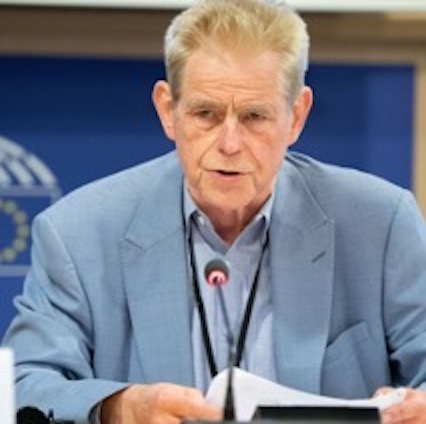William Horsley is CFOM’s International Director. He has a leading role to promote CFOM’s global mission to strengthen international protections for free and independent media and freedom of expression through research and analysis, advocacy, topical public events and seminars and policy advice to governments and media. He also engages with inter-governmental organisations, such as UNESCO and the Council of Europe.
His International Director’s Column focuses on issues of media freedom across the world alongside providing a snapshot of the advocacy work that William does. You can find his pieces below.

The state of media freedom in Europe – September 2011
Speech by William Horsley' delivered during the special Hearing of the Parliamentary Assembly of the Council of Europe on Media Freedom in the Swedish Parliament in Stockholm. Read more: The state of media freedom in Europe
Turkey protests are also a showdown for the media
June 2013 may go down as the month when Turkey’s prime minister Recep Tayyip Erdogan lost the image of political invincibility that helped him to win three landslide elections and mould the country in his image. If so, he may well blame social media, which has carried...
A human rights warning on Leveson’s blueprint
A cold shower on Brian Leveson’s blueprint for restraining the British press has come from the secretary-general of the Council of Europe. Thorbjorn Jagland has told the FT “You do not need a new law to say that phone hacking is illegal. It’s already a crime… and you...
Intervention at the IPDC council meeting, UNESCO HQ, Paris, on March 22 2012
William Horsley's full text of statement on the discussion on Approval of UN Plan of Action on safety of journalists and the issue of impunity. William Horsley: The Centre for Freedom of the Media at the University of Sheffield conducts research to promote adherence...
Russian Union of Journalists
Nadezda Azhgikhina, Secretary of the Russian Union of Journalists, responds to questions from William Horsley for the political aspects study of the initiative on impunity and the rule of law (received 21/4/2011) Reference material for the Working Conference on Safety...
